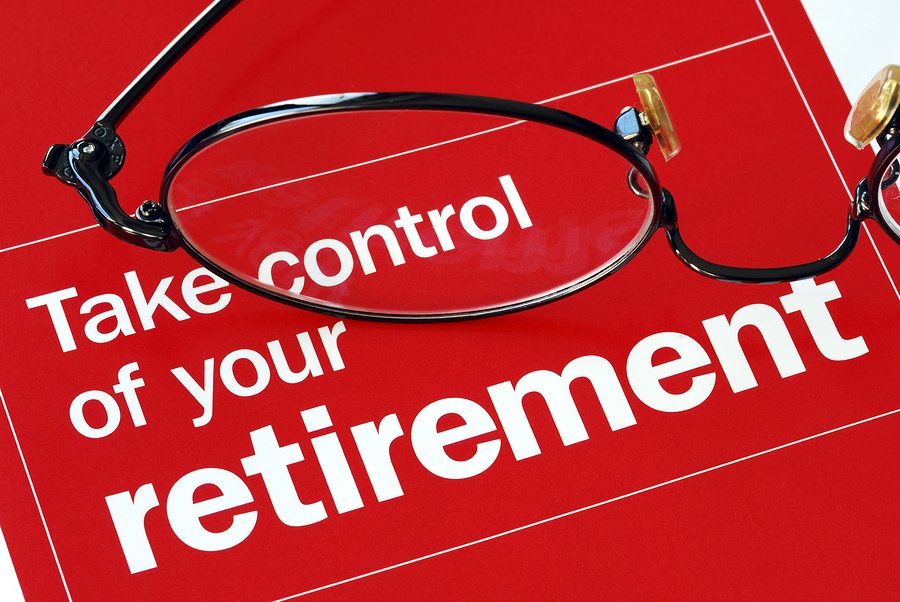
Do you have enough money to last you throughout your retirement? A cornucopia of circumstances could easily see your retirement plans landing in the gutter, but here we offer you a look at some ways to reduce your retirement risks and look forward to your golden years without worry!
1. Plan to live for a long time
According to Stephen Horan, head of private wealth management for the CFA Institute and co-author of “The New Wealth Management”, the average American is currently likely to live to the ripe old age of 78. This is a big improvement on the 61-year life expectancy we could expect in the 1930s, when the Social Security program was first created.
If you exercise regularly, have a healthy diet, and have a history of longevity in your family, then you may see yourself getting closer and closer to a century of life. You should plan your life accordingly, aiming to save enough money to cover yourself if you do indeed live a very long time.
As Ken Fisher, CEO of Fisher Investments says:
“Overwhelmingly, the biggest [risk] is the risk of outliving your money. Most people underestimate the amount of time they’re going to live, and they invest as if they’re going to die in 10 years.”
2. Take inflation into account
Let’s say that inflation occurs at a relatively low rate of 3% a year. Over 20 years, your money will have lost half of its total purchasing power. Cash amounts that sit in a bank account untouched simply lose their buying power as inflation inevitably marches on.
It is therefore very advisable to invest in inflation-protected securities or other investments (such as real estate) which will rise in value along with inflation. Investments such as stocks and housing allow your assets to remain valuable as prices increase, assuming that there isn’t a sudden economic crash.
3. Diversify your portfolio
Remember to diversify your portfolio, as this minimizes your potential losses if a sudden crash happens in one area, such as the housing market. Diversifying your portfolio leaves you with options in hard economic times!
4. Consider reinvestment strategies
It’s possible that your investments will mature at an inopportune moment, so remain prepared at all times. For example, a bond may be called earlier than expected, such as at a time when too-low interest rates cannot replace your investment with another similar and profitable investment.
Avoid having all your investments coming due simultaneously, and ensure that you have something coming due every year which can be repositioned into long-term interest rates.
5. Be aware of the sequence of returns
Set aside two years’ worth of living expenses, with it acting as a sort of buffer. You can draw down from this cash when the market is down, as opposed to selling parts of your portfolio. Similarly, you can sell your investment at a profit when the market is up and doing well.
If you’re looking to cover those essential living expenses, you can also purchase annuities and other investments with guaranteed returns. This allows you to only deal with the sequence of returns when it comes to your excess funds.
6. Protect yourself against fraud
Fraudsters (both online and offline) love to prey on the elderly, as they run the risk of being “behind the times” in terms of technology, and also run the risk of becoming cognitively challenged as they get older and older. Some fraudsters are also just incredibly good at tricking people, regardless of their age or health.
While you’re still fit and able, be sure to educate yourself on how the financial professionals in your life operate. How are they paid for their services? Are you paying them a fair amount? Are they incentivized to upsell you on things you don’t really need?
Ensure that you understand the processes that are going on concerning your money, and similarly ensure that you completely trust everyone who has access to (or control) of your finances in some way, shape, or form.
7. Understand tax implications
Good financial advisors will help you to withdraw from your investments without causing major damage to your financial portfolio. This financial advisor should also understand the tax implications of any investments of purchases too. Depending on where you live, your financial situation, and your circumstances, you could see yourself paying unreasonable amounts in taxes if you make unwise purchases and investments. Americans pay thousands of dollars in taxes every year, so you need to ensure that the pros outweigh the cons when it comes to your assets’ tax implications.
Trying to find more ways to protect your retirement nest egg? The economy can take unexpected turns, so it’s important to have a foolproof financial plan in place for your golden years. Get in touch today for more advice about hedging your retirement risks!










